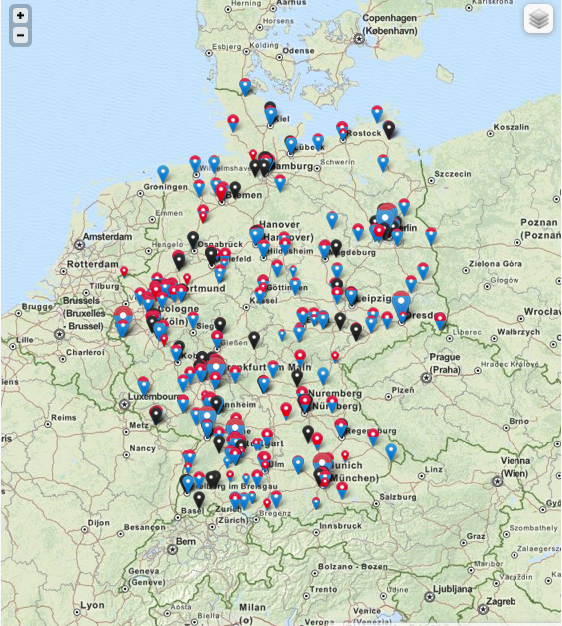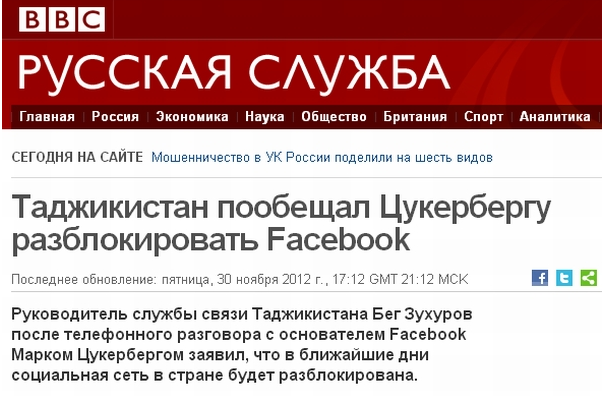According to Bernd Kramer, a journalist for the German daily Tageszeitung (taz), university financing isn’t a particularly hot and contentious topic in the German media. Yet in certain unscrupulous cases, the co-mingling of research and industry can wreak havoc on independent science, yielding a number of highly “newsworthy” complications. A new initiative launched by taz, Transparency International Germany and the Freier Zusammenschluss von Studentinnenschaften aims to examine and, potentially, curtail the influence of private funding within the German university system. Launched in January, Hochschulwatch.de (“University Watch”) is a crowd-sourced Web portal inviting the public to report on details of university funding. The project will run for a year, with the hope of illuminating the often-shadowed intersections of private money and higher education in Germany.
Hochschulwatch functions like Wikipedia in the sense that there’s an entry for each of nearly 400 German universities and institutes, all of which can be communally edited. “We invite people to crowd-source information when companies influence universities, for example by financing specific professorships or setting up institutes,” says Christian Humborg, Managing Director of Transparency International Germany. Humborg assigns the lack of transparency as the principle cause for concern, not necessarily the private financing of universities. While the acquisition of external money doesn’t equate with nefarious academic strong-arming, simple dangers exist. “In some cases, there are very questionable issues tied to the setting up of certain institutes,” he says. “Companies can have too much of a say, which endangers the independence of research and science.”
 Universities are often unwilling or unable to provide annual measures of money-flow, perhaps giving only broad indications of figures arriving from industry, philanthropy or private corporations. For this reason, individuals with insider information on university financing are asked to contribute to Hochschulwatch’s entries. This is where taz comes in. Amendments to entries must go through taz’s fact-checking procedure for accuracy and legality before they’re made public. “Before publishing the entries we check out all the information and sources,” explains Kramer, who’s also sifting through reports in search of potential stories. “We hope it will generate hints about what we should be researching in the future,” he says. After Hochschulwatch’s year-long duration, data gathered from the project will be evaluated in order to get a read on the independent state of science.
Universities are often unwilling or unable to provide annual measures of money-flow, perhaps giving only broad indications of figures arriving from industry, philanthropy or private corporations. For this reason, individuals with insider information on university financing are asked to contribute to Hochschulwatch’s entries. This is where taz comes in. Amendments to entries must go through taz’s fact-checking procedure for accuracy and legality before they’re made public. “Before publishing the entries we check out all the information and sources,” explains Kramer, who’s also sifting through reports in search of potential stories. “We hope it will generate hints about what we should be researching in the future,” he says. After Hochschulwatch’s year-long duration, data gathered from the project will be evaluated in order to get a read on the independent state of science.
Created to address the risk of external interests superseding or influencing research and education, Hochschulwatch is a reminder that universities have a responsibility to prioritize educational integrity over economic interests. It will be enlightening to learn more about what is, in fact, prioritized.
Tags: Crowd-sourcing, Freier Zusammenschluss von Studentinnenschaften, German Media, Germany, Hochschulwatch, Internet, leaking, Tageszeitung, Transparency International Germany, Wikileaks, Wikipedia













































